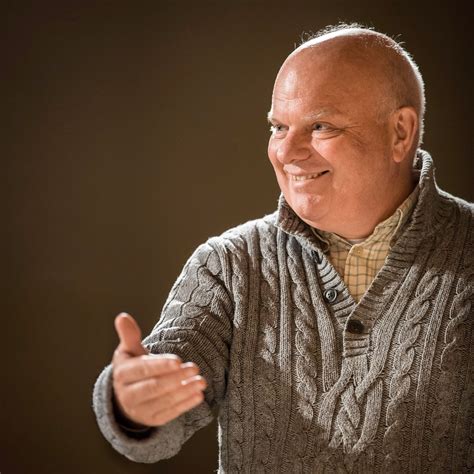A Quote by David Longstreth
What music can do so well is tell the truth in a subjective way.
Related Quotes
It’s not enough to be able to lie with a straight face; anybody with enough gall to raise on a busted flush can do that. The first way to lie artistically is to tell the truth — but not all of it. The second way involves telling the truth, too, but is harder: Tell the exact truth and maybe all of it…but tell it so unconvincingly that your listener is sure you are lying.
I must say a few words about memory. It is full of holes. If you were to lay it out upon a table, it would resemble a scrap of lace. I am a lover of history . . . [but] history has one flaw. It is a subjective art, no less so than poetry or music. . . . The historian writes a truth. The memoirist writes a truth. The novelist writes a truth. And so on. My mother, we both know, wrote a truth in The 19th Wife– a truth that corresponded to her memory and desires. It is not the truth, certainly not. But a truth, yes . . . Her book is a fact. It remains so, even if it is snowflaked with holes.
Sometimes I don't tell the truth, which is telling the truth about not telling the truth. I think people don't tell the truth when they're afraid that something bad's going to happen if they tell the truth. I say things all the time that I could really get into trouble for, but they kind of blow over.
The problem is one of opposition between subjective and objective points of view. There is a tendency to seek an objective account of everything before admitting its reality. But often what appears to a more subjective point of view cannot be accounted for in this way. So either the objective conception of the world is incomplete, or the subjective involves illusions that should be rejected.
What I think is great about Pippin, specifically, and I wouldn't make this generalization about all musicals, is that it is about how we tell stories and the way stories are very subjective. How we tell some things and leave other things out in the way The Princess Bride is or The Wizard of Oz is, which both have a framing device.
You can tell the truth, but sometimes you can't always be in your face with it. I found a way to tell the truth and put it in a nice, neat package for people to receive it. A lot of times, you have to put it in a nice, neat box with a bow tie, and when they open it, it's the truth. I think people respect that.
Start telling the truth now and never stop. Begin by telling the truth to yourself about yourself. Then tell the truth to yourself about someone else. Then tell the truth about yourself to another. Then tell the truth about another to that other. Finally, tell the truth to everyone about everything. These are the Five Levels Of Truth Telling. This is the five-fold path to freedom.




































